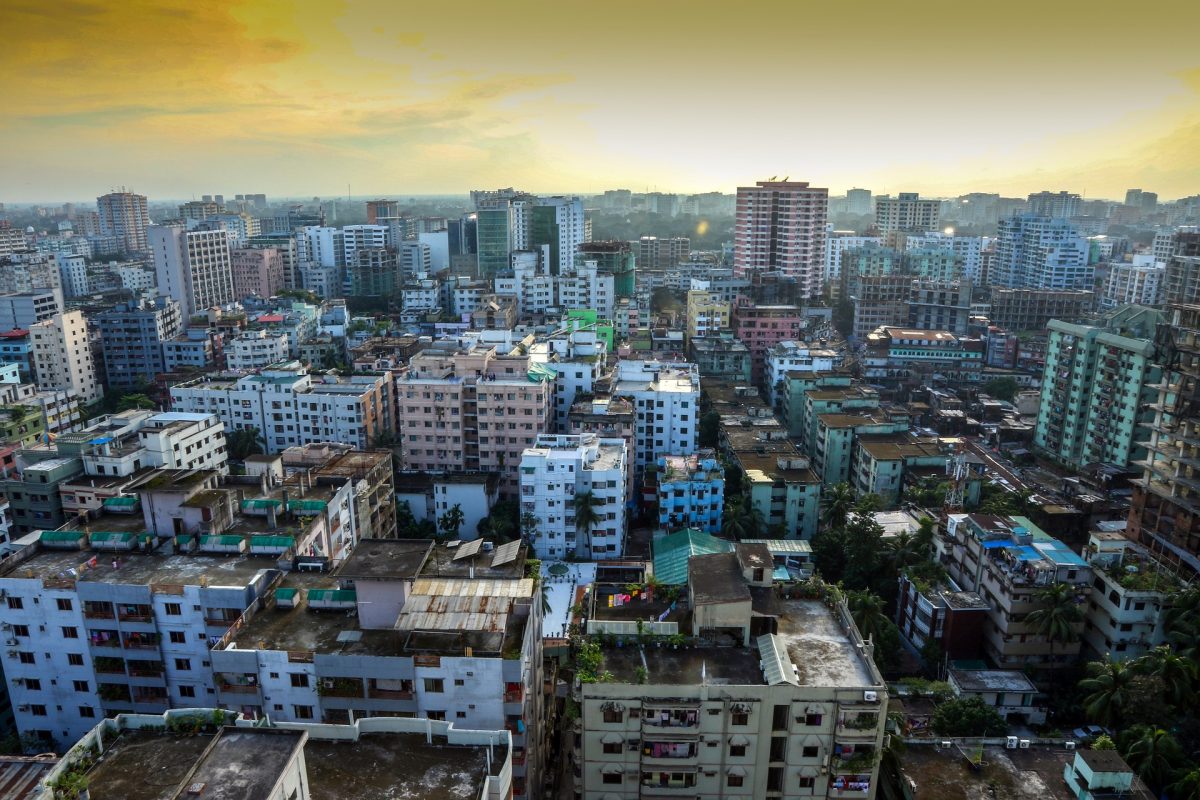The PhD project is informed by an interpretivist theoretical approach, to look at the comparative case studies of Melbourne and Dhaka. The findings will be informed by semi-structured interviews, secondary document analysis, and a literature review.
The purpose of this research is to:
- Understand how the concepts of liveability, sustainability and their interconnections are being translated into urban development policies and practices
- Understand urban governance challenges and opportunities in liveable and sustainability city transitions in two contrasting socio-political contexts
- Draw important lessons for both developed and developing cities about their opportunities and challenges in terms of sustainability transition while maintaining liveability.
This project aims to:
- Understand theoretical and practical meanings of liveability, sustainability and their interconnections constructed in the academic literature and practices respectively.
- Understand whether the urban development planning regime can ensure cities’ long-term sustainability while maintaining current liveability
- Identify urban governance challenges and opportunities in the pursuit of liveable and sustainable city transitions
- Generate policy lessons for a developed and a developing country city on how to maintain cities’ liveability and sustainability simultaneously.
- Identify actor and spatial dynamics of urban governance with reference to urban liveability and sustainability transitions.
- Generate a structure of governance that can promote urban liveability and sustainability transitions.
This research will generate new knowledge about the challenges and opportunities of cities in ensuring liveability and sustainability simultaneously.


